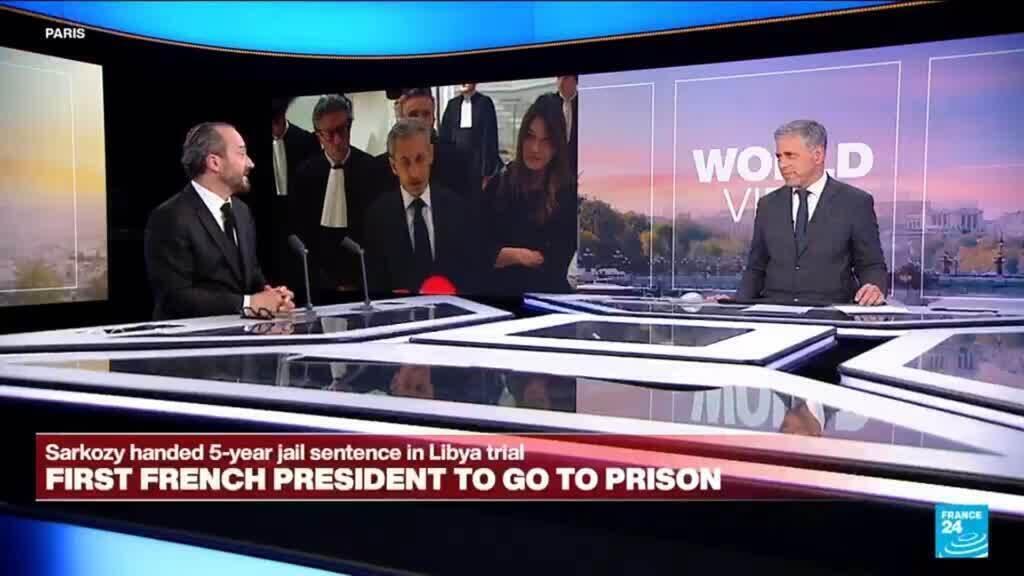Moldova is set to hold a pivotal parliamentary election on September 28, which may significantly shape its trajectory toward European integration. This electoral event comes at a time when the country faces increasing threats from Russian hybrid warfare tactics. These tactics encompass a variety of strategies, including online disinformation campaigns, the use of coordinated influencer networks, and direct interference by a prominent Moldovan oligarch with ties to Russia.
The geopolitical landscape in Moldova has been heavily influenced by its historical ties to Russia, with the Kremlin still viewing the country as part of its sphere of influence. This has led to a complex interplay between local politics and foreign interference, particularly from Moscow. As the election approaches, there is growing concern that these hybrid warfare methods could undermine the democratic process and sway public opinion in favor of pro-Russian candidates.
One of the most pressing issues facing Moldova is the spread of disinformation online. Misinformation campaigns have been widely documented, with various sources indicating that these efforts are aimed at destabilizing the current pro-European government. The online environment is rife with fabricated stories, misleading narratives, and propaganda that seek to disrupt the public’s understanding of the political landscape.
In addition to disinformation, influencer networks are being utilized to amplify pro-Russian sentiments. These networks, often comprising social media personalities and local figures, play a crucial role in shaping the narrative surrounding the election. By leveraging their platforms, they can effectively spread misleading information and mobilize supporters, further complicating the electoral process.
Moreover, a Moldovan oligarch with significant connections to Moscow has been implicated in orchestrating disruption efforts. This individual's influence raises serious concerns about the integrity of the elections, as their resources could be deployed to support candidates aligned with Kremlin interests. The oligarch’s activities underline how foreign-backed entities can exploit local vulnerabilities to further their geopolitical objectives.
The impact of these hybrid warfare tactics poses a challenge to the democratic aspirations of Moldova. As citizens prepare to vote, the atmosphere is charged with uncertainty, and many fear that external forces may tip the scales in favor of candidates willing to align with Russian interests. This scenario presents a critical juncture for Moldovan democracy and its future relationship with Europe.
In light of these challenges, the international community is closely monitoring the situation. Western nations and organizations have expressed their commitment to supporting Moldova in its pursuit of democratic reforms and European integration. However, the effectiveness of their interventions may be tested by the intricate web of disinformation and external influence.
As September 28 approaches, the stakes are incredibly high for Moldova. Voters will not only decide their future leadership but will also send a signal about their commitment to European values and independence from Russian influence. The outcome of this election could significantly affect the country's trajectory, as well as the broader regional dynamics involving Russia's ambitions in Eastern Europe.
Overall, the combination of Russian hybrid warfare tactics and local political dynamics creates a precarious environment for Moldova. The upcoming parliamentary election will serve as a crucial test of resilience for Moldovan democracy and a potential turning point in its ongoing struggle for sovereignty and alignment with the West.












